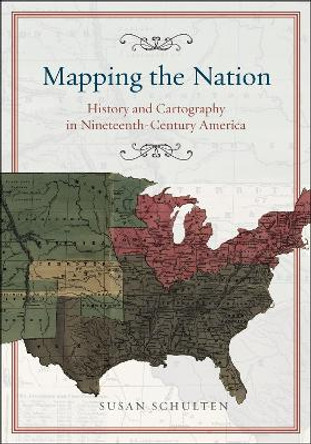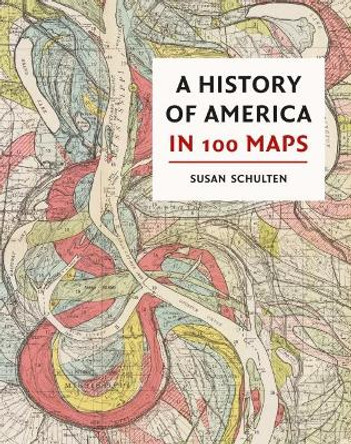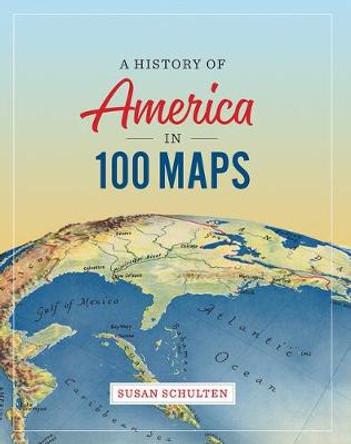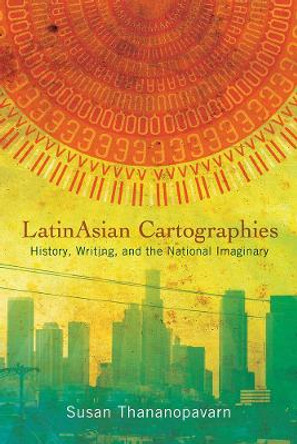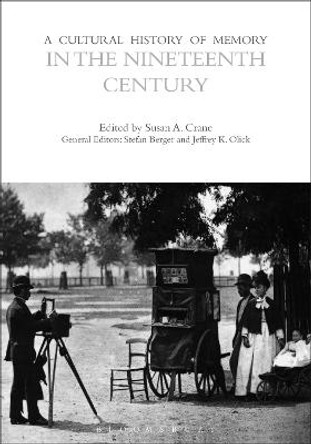In the nineteenth century, Americans began to use maps in extraordinary new ways. Medical men mapped diseases to understand epidemics, natural scientists mapped climate to uncover weather patterns, and Northerners created slave maps to assess the power of the South. And after the Civil War, federal agencies embraced statistical and thematic mapping in order to profile the ethnic, racial, economic, moral, and physical attributes of a reunified nation. In Mapping the Nation, Susan Schulten charts how thematic maps demonstrated the analytical potential of cartography. This radical shift in spatial thought and representation opened the door to the idea that maps were not just illustrations of data, but visual tools that are uniquely equipped to convey complex ideas, changing forever the very meaning of a map.
About the AuthorSusan Schulten is professor of history at the University of Denver. In 2010 she was named a fellow of the John Simon Guggenheim Foundation.
Reviews"Powerful.... Satisfying.... Though both the book and the website can stand alone, together they productively bring the careful, intimate, controlled narrative of the book form alongside the full-color, hyperlinked social nature of web-based projects to convincingly argue that America without maps would have been a different kind of place altogether." (Public Books)"
Book InformationISBN 9780226103969
Author Susan SchultenFormat Paperback
Page Count 264
Imprint University of Chicago PressPublisher The University of Chicago Press
Weight(grams) 484g
Dimensions(mm) 254mm * 178mm * 15mm



